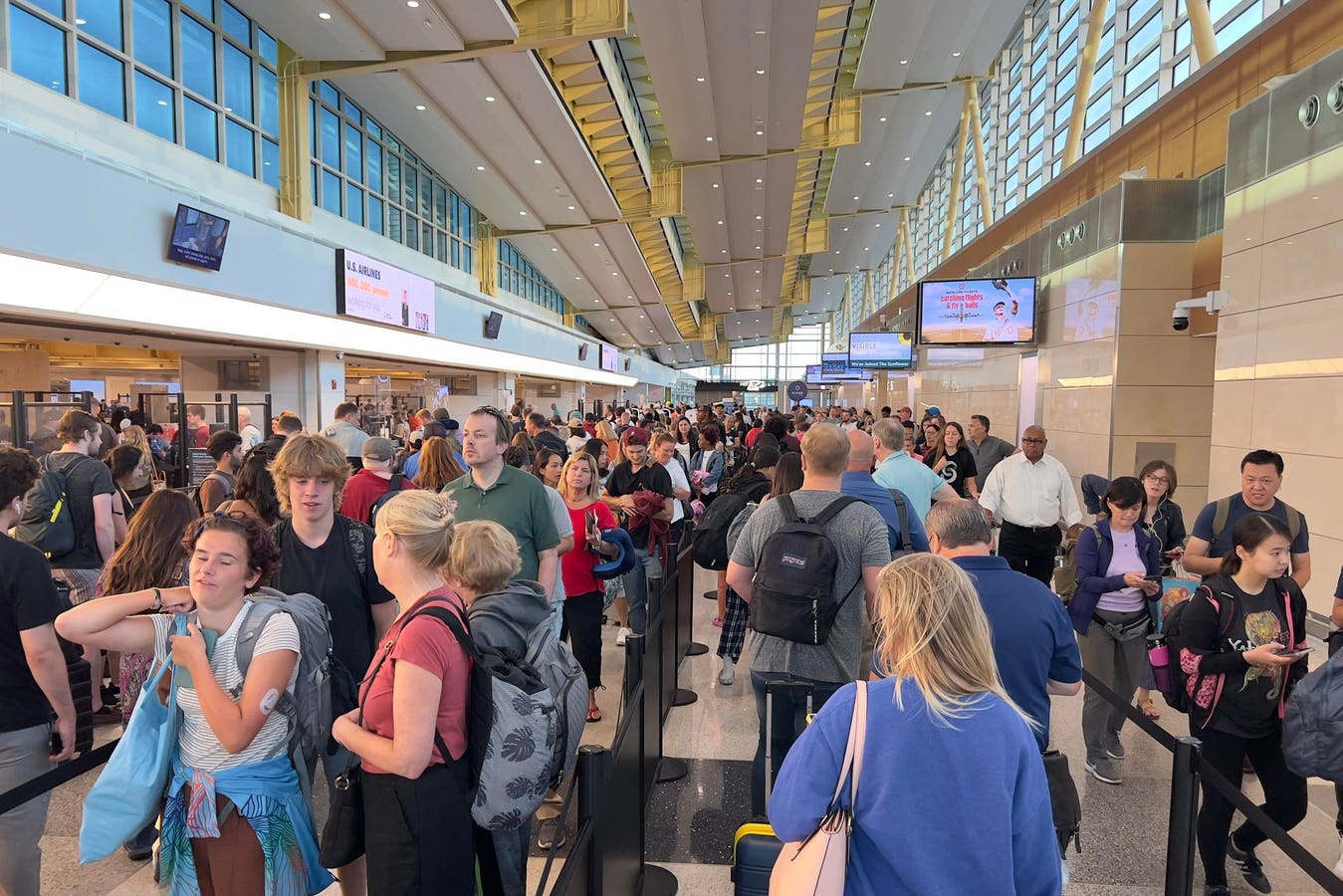The delays come after inclement weather shuttered and delayed flights along the East Coast earlier this week.
Why it matters
- Thousands of travelers are facing significant disruptions as severe weather impacts air travel.
- The ongoing delays highlight vulnerabilities in the aviation sector during inclement weather.
- Airlines are urged to improve communication and contingency plans for travelers during such events.
This week, air travel across the East Coast has been significantly affected by adverse weather conditions, resulting in extensive delays for thousands of passengers. On Thursday alone, more than 6,500 flights were reported as delayed, a situation exacerbated by the impact of inclement weather that caused widespread operational challenges for airlines.
The weather conditions that have plagued the East Coast include heavy rain, storms, and severe wind, all of which have contributed to the disruption of flight schedules. Airports in major cities such as New York, Boston, and Washington, D.C., have felt the brunt of these weather-related delays, leading to long wait times and frustration among travelers. Many passengers found themselves stranded at terminals, with little information provided about alternative travel options.
Airlines have been working diligently to manage the situation, but the scale of the delays has made it challenging for both staff and passengers. Some airlines have issued travel waivers that allow affected customers to change their flight plans without incurring fees, while others have focused on accommodating stranded travelers and rebooking flights as best they can.
The ripple effect of these delays is significant, not only for those directly impacted but also for the overall travel industry. Airlines have to juggle numerous logistical challenges, including crew scheduling and aircraft availability, all while ensuring safety remains a priority. Additionally, the increased volume of inquiries and requests for support has put a strain on customer service resources.
Travel experts urge passengers to remain patient and proactive during such disruptions. Keeping in constant communication with airlines and checking flight status updates can help travelers make informed decisions. Moreover, those flying during peak travel seasons or in regions prone to inclement weather are advised to prepare for potential delays by allowing extra time for their journeys and considering travel insurance options.
The situation serves as a reminder of the vulnerabilities within the aviation sector, particularly during severe weather events. Experts highlight the need for airlines to enhance their preparedness for such occurrences, including better communication strategies with passengers and more robust contingency plans to manage the fallout from delays and cancellations.
As storms continue to affect the East Coast, travelers are encouraged to stay informed about weather forecasts and potential impacts on their travel plans. This situation underscores the importance of flexibility in travel arrangements, especially during unpredictable weather patterns. By staying informed and prepared, travelers can mitigate the frustrations that often accompany air travel during adverse conditions.
In a broader context, the ongoing flight delays highlight a critical area for improvement within the aviation industry. As climate change leads to more frequent and severe weather events, airlines may need to rethink their operational strategies to ensure they can respond effectively to such challenges. This includes investing in technology that can provide real-time weather updates and enhanced communication tools that keep passengers informed and engaged.
In conclusion, while the current weather disruptions are challenging for travelers, they also present an opportunity for airlines to reassess their protocols and improve the customer experience during future weather-related events. The hope is that, through learning from these incidents, the industry can evolve to better meet the needs of passengers in the face of unforeseen circumstances.











